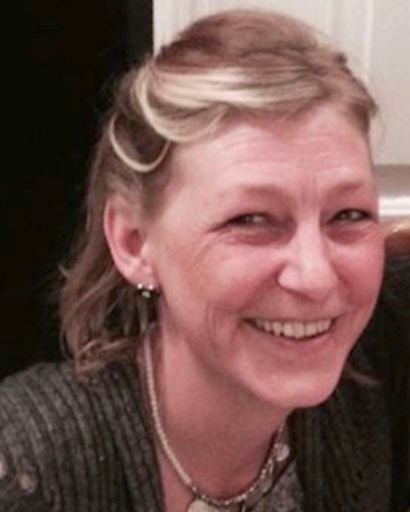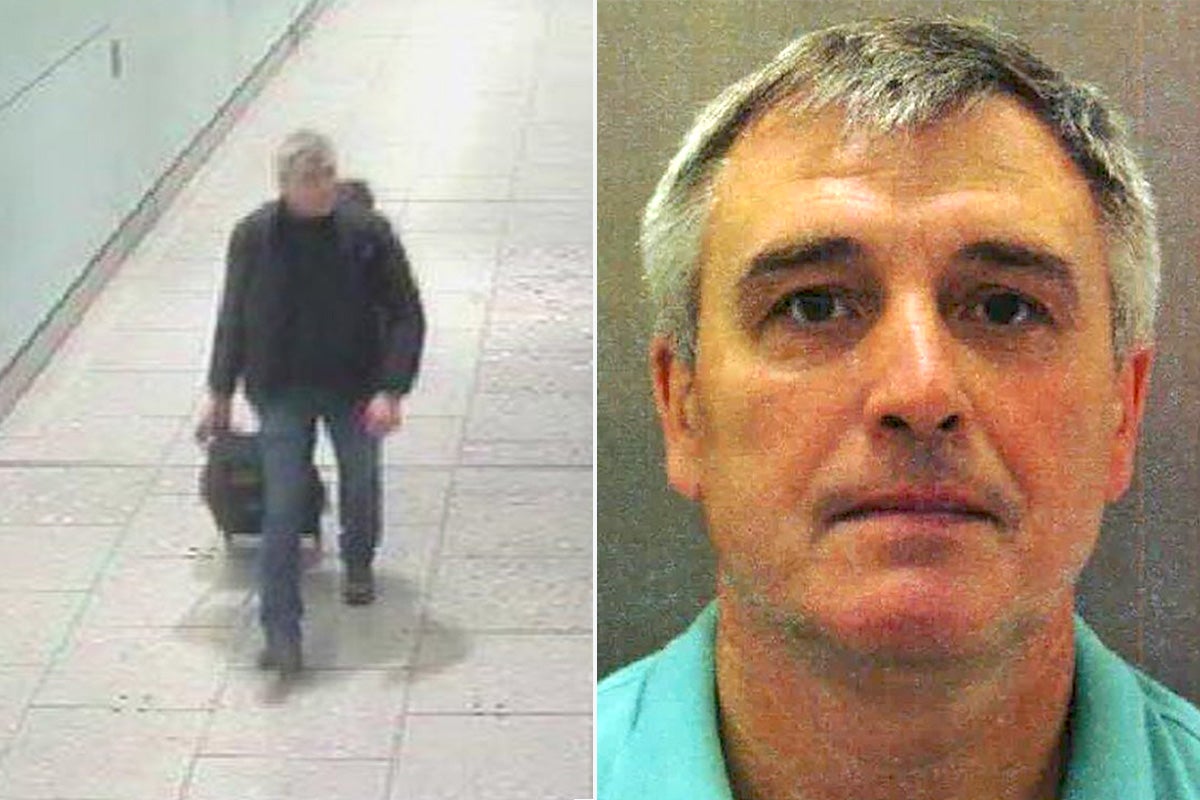Salisbury attack: Judge calls for Priti Patel to ‘urgently’ open public inquiry into death of Dawn Sturgess
Home secretary accused of delaying process as public hearings not expected to start until end of 2022
A judge has called for the home secretary to “urgently” establish a public inquiry into the death of Dawn Sturgess, who was poisoned by novichok after the Salisbury attack.
It would also cover the attempted murder of Sergei Skripal, allegations of Russian state responsibility and involvement of GRU agents named as suspects by British police.
Priti Patel was accused of delaying the process at a hearing on Wednesday, after refusing to indicate if she would be willing to convert an existing inquest into a public inquiry.
Baroness Heather Hallett, a former High Court judge, said the current inquest proceedings are not able to properly consider “highly relevant” material relating to national security.
“I cannot conduct a full, fair and effective investigation into the death of Ms Sturgess if these proceedings continue as an inquest,” she told the court.
“I have no option therefore but to request the secretary of state to convert this inquest into an inquiry and I invite her to consider and decide on my request as a matter of urgency.”
Lady Hallett said no time must be lost for the inquiry, and that its terms of reference must be “sufficiently broad”.
In a letter to Priti Patel in July, the judge said an inquiry would have to consider the poisoning of Sergei and Yulia Skripal in March 2018, as well as the death of Ms Sturgess on 8 July that year.
Police have concluded that Ms Sturgess, a 44-year-old mother, was poisoned with the same nerve agent used to target Mr Skripal.
It was concealed inside a counterfeit perfume bottle that was discarded by the perpetrators of the original attack, and found by Ms Sturgess’ partner Charlie Rowley.
He gave the bottle to her as a present, unaware of its true contents, and Ms Sturgess died after applying the nerve agent to her skin at Mr Rowley’s home in Amesbury.
Dean Haydon, the Senior National Coordinator for Counter Terrorism Policing, told a press conference that the bottle contained enough novichok to kill “hundreds if not thousands of people if it had come into wider circulation”.

Lady Hallett said an inquiry would also consider the alleged involvement of Russian GRU agents in the attack, after police announced charges against a third suspect on Tuesday, the source of the novichok and wider “Russian state responsibility”.
Other issues to be considered include Ms Sturgess’ cause of death and the sufficiency of medical treatment, the public health response in Salisbury and whether UK authorities took appropriate precautions to protect Mr Skripal.
The home secretary refused to indicate whether she would be willing to convert the inquest following Lady Hallett’s letter in July, writing in August that it would be “inappropriate for me to consider whether or not to establish a public inquiry” before a formal request.
Andrew O’Connor QC, counsel to the inquest, said Ms Patel’s response was a “matter of considerable regret” and that the explanation for it had changed.
“We are further behind in the process than we otherwise would have been,” he added.
A barrister representing the home secretary said the decision on whether to start a public inquiry would be made within three months.
Michael Mansfield QC, representing Mr Rowley and Ms Sturgess’ family, said that time period was too long and “not necessary”.

“It shows an approach to these matters which is not making this a priority,” he added. “A risk to the public is at stake if it is not dealt with speedily.”
Mr Mansfield said that the chances of a criminal trial for the three suspects charged with poisoning Mr Skripal were “remote to infetisimal” as Russia will not extradite them and denies responsibility, “so this process is the only one able to reach the truth”.
Adam Straw QC, also representing Ms Sturgess’ loved ones, told the court: “Their view is that a public inquiry should be established now … further delay is likely to cause anguish to the family.”
He said they had already been told that the “most optimistic estimate” was that public hearings would start at the end of 2022.
“The family call on the home secretary not to neglect the protection of the public, for action not just words, and for her to establish a public inquiry as soon as possible,” Mr Straw added.
Cathryn McGahey QC, representing the government, said the home secretary would have to seek the views of the prime minister and other cabinet members before establishing a public inquiry.
“In my submission no delay has been caused by the home secretary’s inability to give a provisional indication,” she told the court. “She wouldn’t have been able to start the process without receiving a formal request.”
Lady Hallett called for the home secretary’s staff to be “pressed” to make a decision as quickly as possible.
“I am concerned that we should get on with this investigation,” she added. “When someone has died as Ms Sturgess has and so many people have been put at risk … there is a degree of urgency as to which people need answers.”
She is to write a letter requesting that Ms Patel’s decision on a public inquiry is made within two months, so it can be considered at a hearing on 17 December.
Join our commenting forum
Join thought-provoking conversations, follow other Independent readers and see their replies
Comments



Bookmark popover
Removed from bookmarks